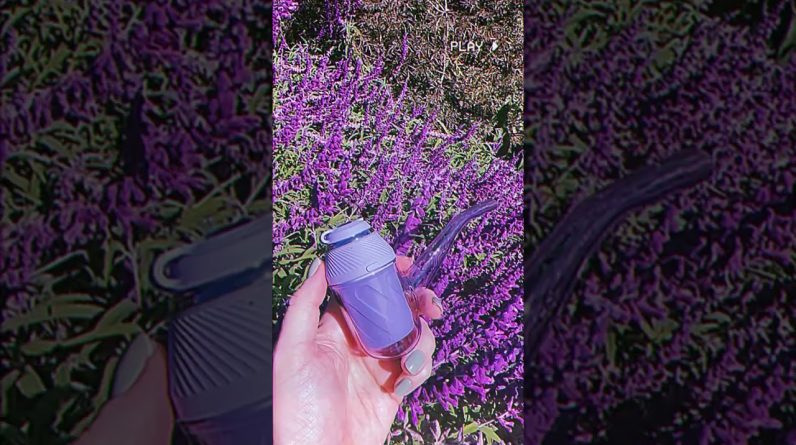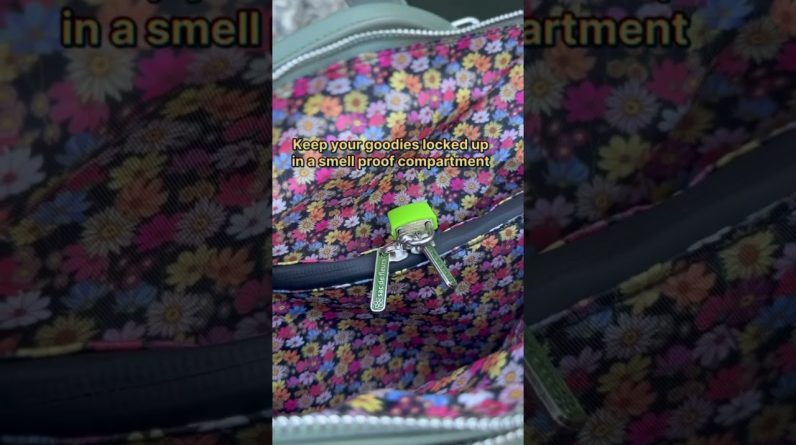A California senator announced on Friday that he will no longer pursue plans to enact his psychedelics reform bill this year after a key committee removed major provisions this week that would have legalized possession of substances like psilocybin, LSD, DMT and MDMA for people over the age of 21.
On Thursday, the Assembly Appropriations Committee advanced the Senate-passed legislation from Sen. Scott Wiener (D), but significantly scaled it back so it would merely direct state officials to conduct a study of potential future psychedelics policy reforms—taking out its main criminal justice provisions.
“I’ve now confirmed that SB 519—decriminalizing possession and use of small quantities of certain psychedelic drugs—was amended by the Assembly Appropriations Committee to remove the decriminalization aspect of the bill,” Wiener said in a press release. “As a result, the soon-to-be-amended version of SB 519 is limited to a study.”
“While I am extremely disappointed by this result, I am looking forward to reintroducing this legislation next year and continuing to make the case that it’s time to end the War on Drugs,” the lawmaker said. “Psychedelic drugs, which are not addictive, have incredible promise when it comes to mental health and addiction treatment. We are not giving up.”
We’ve now confirmed that SB 519 has been stripped of its provisions decriminalizing psychedelic drugs.
We will reintroduce the bill next year. We are not giving up on making the case for this important proposal.
My statement: pic.twitter.com/ZhPbuFS2QA
— Senator Scott Wiener (@Scott_Wiener) August 12, 2022
The legislation had already passed the Senate and moved through two Assembly committees, but it was placed on hold last year to build support before coming up in the Appropriations panel on Thursday. It turns out that even with many months of work, there was still not enough support on the committee to advance the bill with its main provisions intact.
As it stands now, the legislation, SB 519, would merely direct the state Department of Public Health to establish a working group to study and make recommendations regarding future psychedelics reform.
Brief and vague comments made by the panel’s chairman at the Thursday hearing—who simply said the bill was being “passed as amended to retain the Department of Public Health study”—left many reporters and advocates, including Wiener himself, confused about what form the legislation was advancing in.
Stay tuned on SB 519, our legislation to decriminalize psychedelics. We’re still getting final clarity on amendments.
— Senator Scott Wiener (@Scott_Wiener) August 11, 2022
The language of the amended bill is still not yet publicly available, but a Wiener staffer told Marijuana Moment that he won’t push to enact it as such and will instead try again to pass a broad legalization measure next year.
The senator told Marijuana Moment late last year that he felt the far-reaching measure had a “50/50” chance of being enacted into law in 2022.
There’s been some tension within the psychedelics advocacy community over the proposal, which was previously amended to include possession limits and remove ketamine from the list of substances that would no longer be criminalized.
Decriminalize Nature (DN), which has been behind a number of local psychedelics decriminalization measures in recent years, was opposed to SB 519 in its form heading into Thursday’s key vote, with the organization specifically taking issue with the proposed possession limits.
“As a society, we must stand watch and oppose any process where corporate interests attempt to seize control of something that belongs ‘to the people,’ DN said in a statement last month.
These are the prescribed limits for personal possession that would have been legalized under the bill:
-2 grams of DMT
-15 grams of ibogaine
-0.01 grams of LSD
-4 grams of mescaline
-2 grams of the controlled substance psilocybin or 4 ounces of a plant or fungi containing the controlled substance psilocybin.
-2 grams of the controlled substance psilocyn or 4 ounces of a plant or fungi containing the controlled substance of psilocyn
-4 grams of MDMA.
For his part, Wiener has said that he understands the concerns, while arguing that imposing possession limits was a necessary compromise to ensure that the legislation gets enough support to be enacted in the legislature.
Other advocates have also pointed out that while personal possession limits would have been imposed under the revised language, facilitators could have aggregate amounts for group use, meaning they could possess the allowable amount for each individual involved in a ceremony. And when it comes to personal cultivation, there would not have been any limits.
For psilocybin specifically, the legislation would have repealed provisions in California statute that prohibit the cultivation or transportation of “any spores or mycelium capable of producing mushrooms or other material” that contain the psychoactive ingredient.
—
Marijuana Moment is tracking more than 1,500 cannabis, psychedelics and drug policy bills in state legislatures and Congress this year. Patreon supporters pledging at least $25/month get access to our interactive maps, charts and hearing calendar so they don’t miss any developments.
![]()
Learn more about our marijuana bill tracker and become a supporter on Patreon to get access.
—
The bill also originally included record sealing and resentencing provisions for people previously convicted of psychedelics possession offenses, but that language was removed in its last committee stop prior to the Senate floor vote as part of an amendment from the sponsor.
Speaking at an event hosted by the Psychedelic and Entheogen Academic Council (PEAC) last year, Wiener said advancing the psychedelics decriminalization legislation would be first step toward decriminalizing all currently illicit drugs.
Activists with Decriminalize California separately tried to put a psilocybin legalization initiative on the state’s November ballot, but they were unable to collect enough signatures by the deadline.
Another bill from Wiener to create a safe drug consumption site pilot program was sent to the desk of Gov. Gavin Newsom (D) last week.
Meanwhile, the Senate and Assembly Appropriations Committees advanced several cannabis reforms on Thursday, including bills to authorize interstate marijuana commerce, secure employment protections for people who use cannabis outside of the workplace and prevent localities from banning medical marijuana delivery services.
Here’s an overview of other recent drug policy developments in California:
Last month, California officials awarded more than $1.7 million in grants help promote sustainable marijuana cultivation practices and assist growers with obtaining their annual licenses. A total of $6 million will be allotted through the program, which was first announced in August 2021 and will remain open for applications through April 2023.
Regulators also recently announced that they are soliciting input on proposed rules to standardize cannabis testing methods in the state—an effort that they hope will stop marijuana businesses from “laboratory shopping” to find facilities that are more likely to show higher THC concentrations that they can then boast for their products.
Meanwhile, California officials are distributing another round of community reinvestment grants totaling $35.5 million with tax revenue generated from recreational marijuana sales.
The Governor’s Office of Business and Economic Development (GO-Biz) announced last month that they’ve awarded 78 grants to organizations throughout the state that will support economic and social development in communities disproportionately impacted by the war on drugs.
The amount of funding and number of recipients increased from last year’s levels, when the state awarded about $29 million in grants to 58 nonprofit organizations through the CalCRG program.
California has taken in nearly $4 billion in marijuana tax revenue since the state’s adult-use market launched in 2018, the Department of Tax and Fee Administration (CDTFA) reported late last month. And for the first quarter of 2022, the state saw about $294 million in cannabis revenue generated from the excise, cultivation and sales tax on marijuana.
The state collected about $817 million in adult-use marijuana tax revenue during the last fiscal year. That represented 55 percent more cannabis earnings for state coffers than was generated in the 2020-2021 period.
California officials also announced in January that the state had awarded $100 million in funding to help develop local marijuana markets, in part by getting cannabis businesses fully licensed.
Federal Marijuana Bill Isn’t Enough To Fix Drug War’s Harms Without State Action, NAACP’s Legal Arm Says
Photo courtesy of Dick Culbert
The post California Senator Gives Up Psychedelics Reform Push For 2022 After Bill Gutted By Key Committee appeared first on Marijuana Moment.





